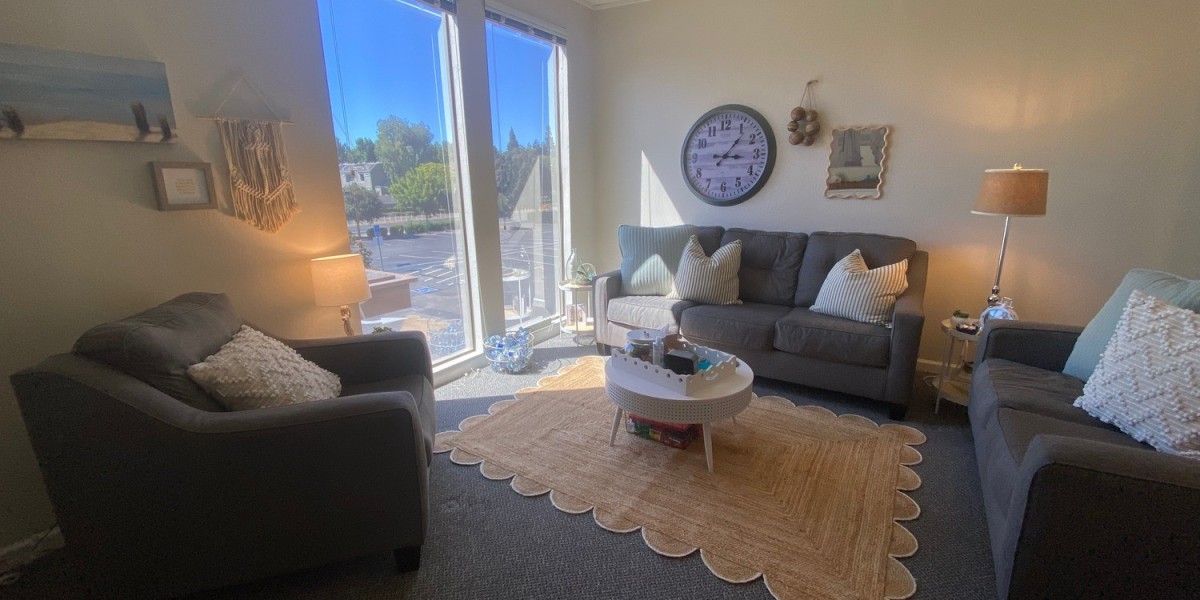Teen online therapy has become an effective way to support young people navigating anxiety, depression, life transitions, and relationship challenges. While therapy provides professional guidance, parents play a crucial role in creating a supportive environment that fosters growth and resilience. In Madison Ledda-Simmons’ practice, parental involvement is encouraged as a way to strengthen therapy outcomes and build trust between teens and their families.
Creating a Supportive Environment at Home
Encouraging Open Dialogue About Mental Health
One of the most powerful ways parents can support their teen during online therapy is by normalizing conversations about mental health. Teens often feel hesitant to discuss their emotions, fearing judgment or misunderstanding. When parents show genuine interest—asking open-ended questions like “How are you feeling about your sessions?”—it reinforces that therapy is a safe and positive step. This open dialogue helps teens view mental health care as a normal part of personal growth rather than something to hide.
Respecting Teens' Privacy and Therapy Process
While open communication is key, respecting boundaries is equally important. Teen online therapy often involves sensitive discussions that teens may not feel ready to share. Parents should avoid pressing for details about each session, instead trusting the therapeutic process. By showing respect for their teen’s privacy, parents create a sense of safety and autonomy—both essential for meaningful progress.
Understanding Therapy Goals
Collaborating with the Therapist to Support Progress
Parents who understand the core objectives of their teen’s therapy can better reinforce progress at home. Madison Ledda-Simmons works with families to clarify the goals of therapy, which may include improving emotional regulation, building coping strategies, or navigating social pressures. Parents can support these goals by aligning household routines, providing encouragement, and modeling healthy emotional expression.
Recognizing Signs of Improvement and Setbacks
Progress in therapy often comes in small, gradual steps rather than dramatic breakthroughs. Parents should learn to recognize subtle signs of improvement—like increased willingness to communicate, better problem-solving skills, or reduced anxiety triggers. Similarly, they should stay aware of potential setbacks without judgment, seeing them as part of the healing journey. A supportive response helps teens remain engaged and hopeful about the process.
Encouraging Consistency
Ensuring Regular Attendance and Follow-Up Practices
Consistency is vital for the success of teen online therapy. Parents play a key role in ensuring their teen attends sessions regularly, even on challenging days. Life can be unpredictable, but prioritizing therapy sends a strong message about the importance of mental health. Additionally, encouraging follow-up practices—like mindfulness exercises, journaling, or techniques suggested by the therapist—helps integrate what teens learn in sessions into their daily lives.
Offering Emotional Support Beyond Sessions
While therapy provides professional guidance, the emotional climate at home deeply influences a teen’s progress. Parents can show support by celebrating small wins, validating feelings, and offering encouragement during tough times. This might mean simply saying, “I’m proud of how hard you’re working,” or providing space for relaxation and self-care. These small gestures help reinforce the positive impact of therapy and build stronger parent-teen relationships.
Conclusion
Parental involvement can be a powerful asset in the success of teen online therapy. By fostering open dialogue, respecting privacy, understanding therapy goals, and encouraging consistency, parents create an environment where their teen feels supported, understood, and empowered. Madison Ledda-Simmons’ approach emphasizes collaboration between therapist, teen, and family—helping young clients navigate life’s challenges while building confidence and emotional resilience. When parents actively support the process, therapy becomes more than just a weekly session; it becomes a pathway to long-term growth and well-being.






